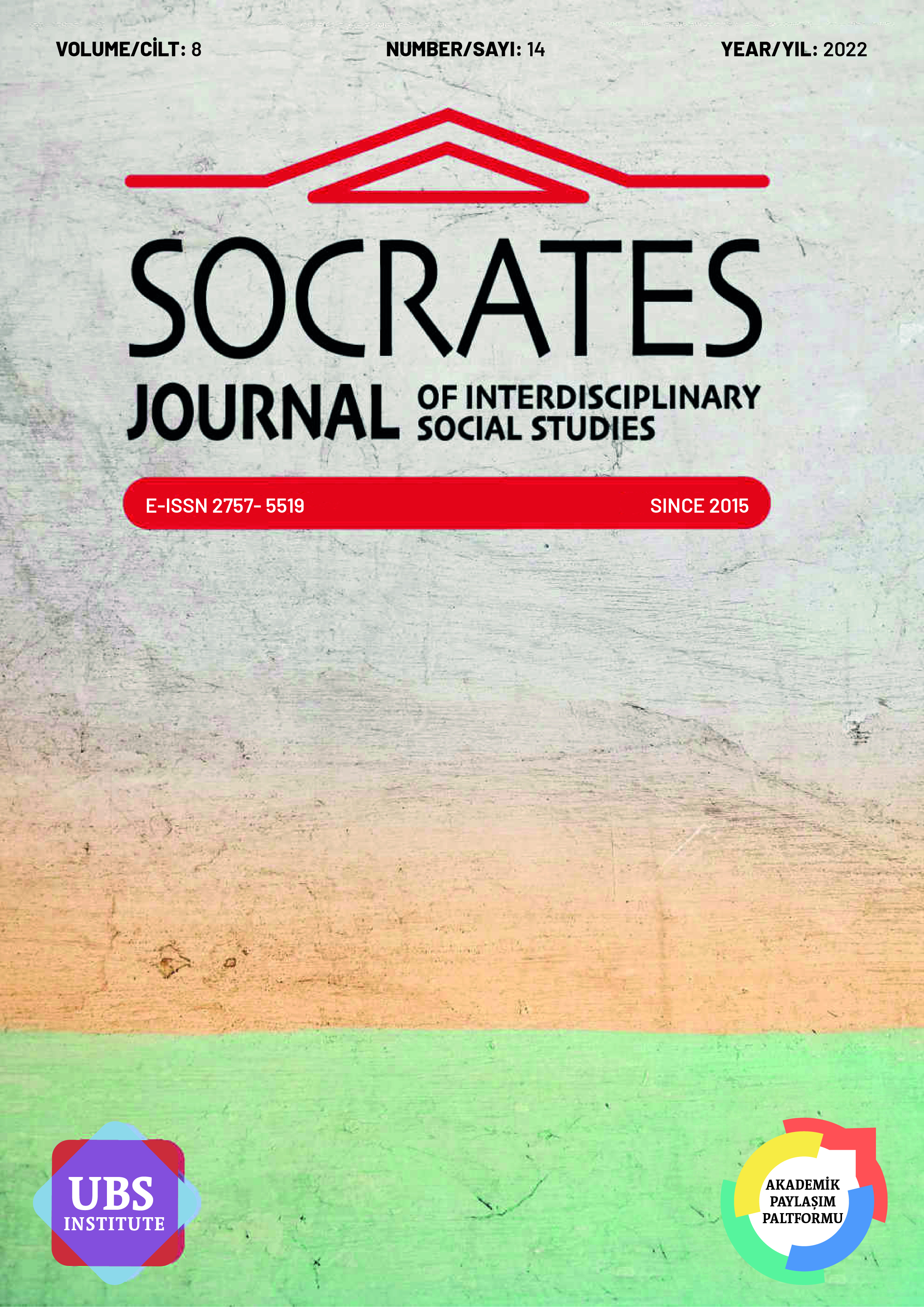SILENT PANDEMIC OF DOMESTIC ABUSE VIS-A-VIS COVID-19
DOI:
https://doi.org/10.51293/socrates.163Anahtar Kelimeler:
Covid 19, abuse, woman, helplineÖzet
The year 2020 transformed all countries, businesses, professions and the lives. COVID-19 raised governance concerns for the governments, job issues for the employees and workers and continuous safety fears for those engaged in the health sector. But for the victims of domestic abuse, the pandemic made the lives tougher. The announcement of the lockdown in February- March 2020 all over the world and the second wave of the lockdown in many parts of the world in September-October 2020 allowed the perpetrators excuse to commit the acts of abuse on their partners. As a result, an increase was reported in the cases of abuse made to the Helplines in all parts of the world, beginning with China. The governments and the private bodies took various measures to help the victims during the pandemic. The international organisations issued set of Guidelines for the governments to make gender needs a part of their Plans to deal with the pandemic. The latest Report of the United Nations shows how miserably most of the countries failed to address gender violence. As per the Global Gender Response Tracker, only 704 measures on this area have been introduced worldwide. Considering the countries assessed over 200 in number, many countries failed to implement even a single measure to deal with the issue of gender violence. It is hoped that the COVID-19 would be a lesson for all to be more stringent against the evil of domestic abuse.
İndir
Yayınlanmış
Nasıl Atıf Yapılır
Sayı
Bölüm
Lisans
Telif Hakkı (c) 2022 Socrates Journal of Interdisciplinary Social Studies

Bu çalışma Creative Commons Attribution 4.0 International License ile lisanslanmıştır.


